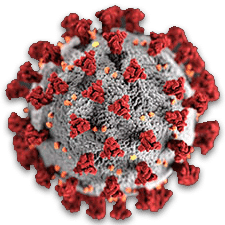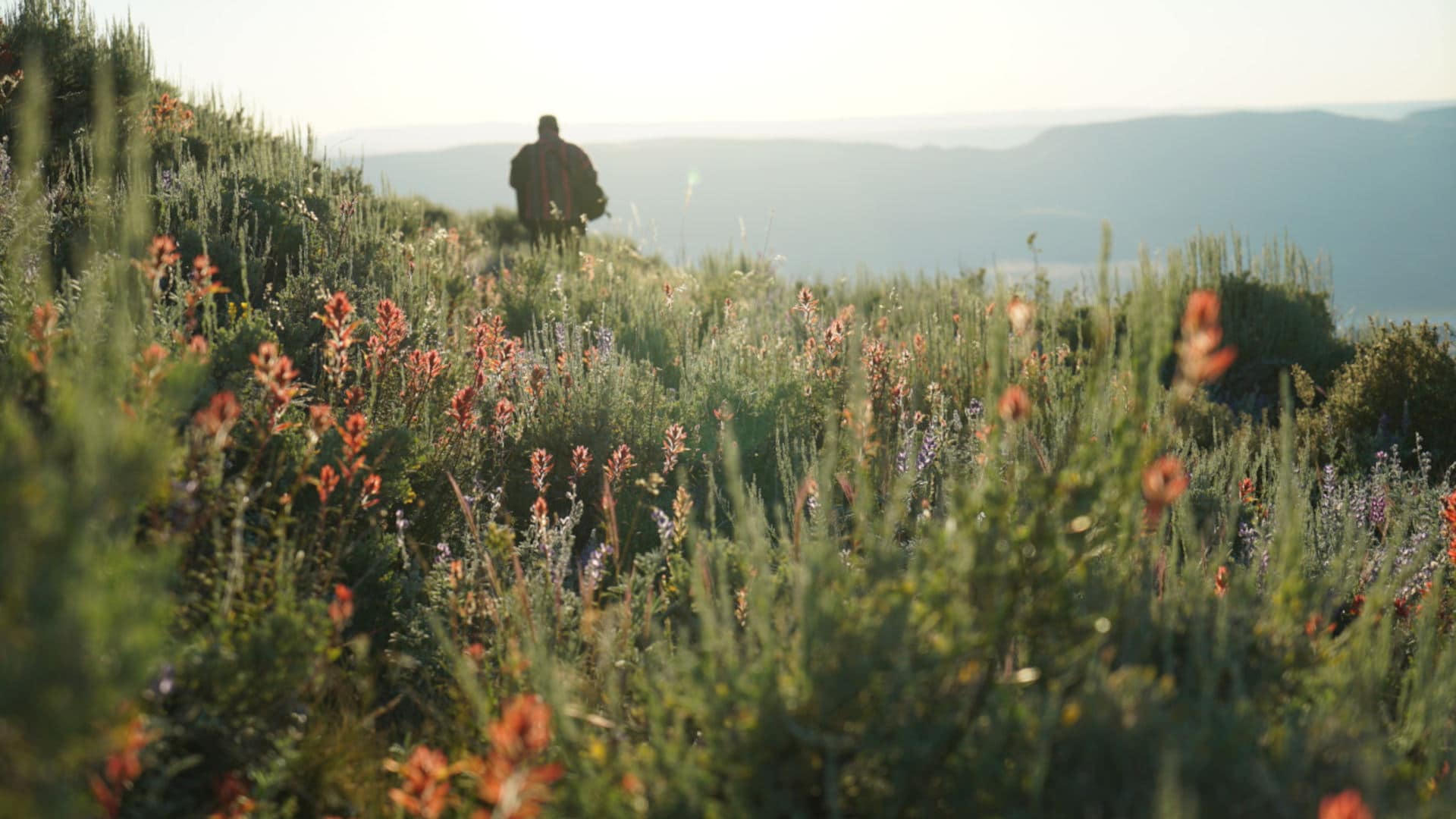From the most remote terrestrial wilderness to the most densely populated cities, humans are inexorably changing the planet. We have put 1 million species at risk of extinction, degraded soil and habitats, polluted the air and water, destroyed forests and coral reefs wholesale, exploited wild species, and fostered the proliferation of invasive species. And we have caused a global climate crisis.
This planetary neglect and mismanagement helped pave the way for the Covid-19 pandemic. Our disruption of natural ecosystems has led to escalating health crises, including an increase in zoonotic diseases that arise when pathogens pass between animals and humans. There is no excuse for humanity to have allowed this to happen, and even less excuse for us to allow it to happen again.
To prevent the next pandemic, and to address today’s many other health challenges, we must ensure the biological integrity of our planet for current and future generations. That means governments, and all of us, must work across disciplines and sectors of society not only to prevent, monitor, and reduce disease, but also to prioritize biodiversity conservation.
 |
For all of Undark’s coverage of the global Covid-19 pandemic, please visit our extensive coronavirus archive. |
Thriving ecosystems provide the foundation for life, health, and wellbeing on our planet. The decline of species and the degradation of ecosystems, coupled with the increased encroachment of people and commercial activities into the planet’s remaining wild places, has provided more opportunities for disease to spill over from animals to humans on a global scale. In the case of Covid-19, scientists agree that a bat species from Asia was likely the ancestral host of SARS-CoV-2, the virus that causes Covid-19. While the timing and place of the spillover are still unclear, the extensive commercial use of wildlife for human consumption and the fur trade have created human-wildlife interfaces that could have promoted the evolution of the virus and ultimately facilitated the transmission to humans.
On October 25, 2019, shortly before the emergence of Covid-19, the Wildlife Conservation Society, as part of a conference hosted by the government of Germany and attended by global health and conservation leaders, issued “The 2019 Berlin Principles on One Health,” a call to promote ecosystem health and integrity while also addressing issues like climate change, antimicrobial resistance, and pandemic preparedness. It advocated for global stakeholders to take such actions as developing institutions that integrate understanding of human, animal, and environmental health; devising holistic approaches toward combatting disease that account for interconnections among species, ecosystems, and humans; increasing investment in human, livestock, wildlife, plant, and health infrastructure; and enhancing the capacity of health surveillance and information sharing to coordinate international responses.
In short, the “One Health” approach espoused in the Berlin principles acknowledges the inseparability of human, wildlife, and ecological health. It recognizes that, to achieve optimal health outcomes for all, we must have a collaborative, dynamic, and trans-disciplinary approach at all levels.
Failures in the management of the Covid-19 pandemic have likely made it harder to put the Berlin principles into place. Turns toward nationalism and isolationism, a simmering distrust in science, widespread disinformation, and a pervasive misperception that health and the environment are at odds with economic stability and human wellbeing are but some of the sociopolitical impediments to building a healthier planet.
But combatting the biodiversity, health, and climate crises is not a zero-sum game. It is vital that governments work collaboratively on all three fronts to prevent the next global pandemic. Urgent action must be taken to retain the essential health links between humans, wildlife, domesticated animals and plants, and all of nature. We must ensure the conservation and protection of biodiversity that, interwoven with intact and functional ecosystems, provides the foundational infrastructure of life, health, and well-being on our planet. A key element will be multilateral and multidisciplinary collaboration. No one country, group, discipline, or sector of society holds enough knowledge and resources to single-handedly prevent the emergence or spread of global diseases.
Last month, after a tumultuous year that followed the launch of the Berlin Principles, the Wildlife Conservation Society and German government reconvened — this time virtually — to discuss and identify what One Health might look like in practice and how best to put it to use. Speakers from Europe, North America, Asia, Latin America, and Africa were unified in their call to work across professions, disciplines, and sectors to strengthen the foundational role of biodiversity in human, animal, and environmental health. They were clear that, unless we fully embrace biodiversity conservation, we will not prevent the next pandemic of zoonotic origin.
Since the close of World War II, the global population has more than tripled to roughly 7.8 billion people, and the world has become increasingly interconnected. Globalization has brought tens of millions of people out of poverty and increased human lifespans and quality of life. However, greed, the destruction and exploitation of ecosystems, and indifference to the human and environmental consequences of these activities have paved the way for the current crises.
As the world recovers from Covid-19, business as usual cannot and should not be the order of the day. We can no longer ignore our interconnectedness with the ecosystems around us for the sake of narrow interests or short-term economic gains. We’ll need a new paradigm — one built around a global, integrated, multilateral, and all-inclusive approach to wellbeing. If we are to prevent the next pandemic, we’ll need One Health.
Dr. Susan Lieberman is Vice President for International Policy at the Wildlife Conservation Society (WCS).
Dr. Christian Walzer is Executive Director for Health at WCS.










